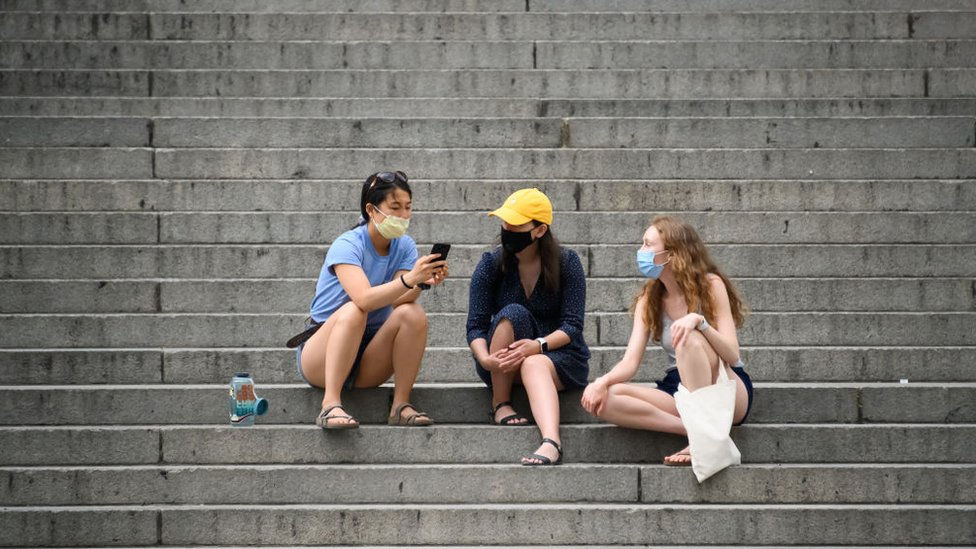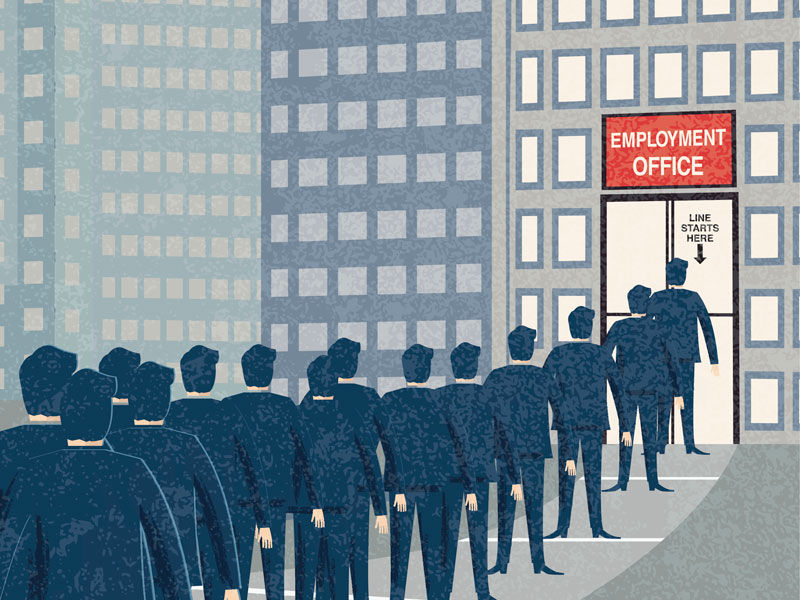Why friendship makes you vulnerable to COVID
- Samarth Modi

- Apr 8, 2022
- 1 min read
Newly published research showcases how friendly bonds endanger us against COVID-19

Well, friendship is pretty nice, it helps - like a lot. Traffic jams, clothes, break-ups, motivation, practically everything - having friends just always helps. But - Hyunjung Crystal Lee and Eline De Vries (two assistant professors) have proven that friendship makes us more vulnerable to COVID.
By doing multiple experiments throughout the pandemic, Lee and Vries have found out that friendship (especially the strong ones) makes us neglect various risks.
Their research focussed on understanding human behaviour when subjects are exposed to "friendly" and "unfriendly"or "normal" situations. "Friendly" here talks about situations where one would feel comfortable with other people. Unfriendly and normal talks about the day-to-day interaction one would have with strangers.
After exposing subjects to these two different types of situations, Lee and Vries observed risk management/decision-making changes.
People exposed to "friendly" situations showed less fear of COVID. They were spending less on hand sanitizers, masks, and other life-saving apparatus. Moreover, those people were more likely to make plans to go out and eat and meet up. On the other hand, the subjects exposed to "unfriendly" situations ended up spending twice the money on life-saving apparatus and started cancelling many of their plans.
This distinction, seen across more than five experiments, showcases that friendly and comfortable environments worsen our perception of risk. The summary for the experiments is: "When trust is high, risk perception is low".
Henceforth, friendship plays a psychological effect of reducing our ability to gauge the risks present in a situation.
Not to be a hater, but I suppose the introverts have been a step ahead.





Comments